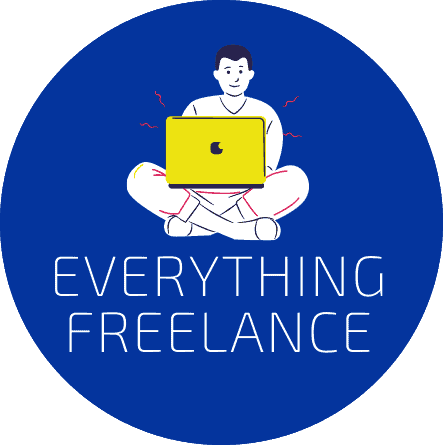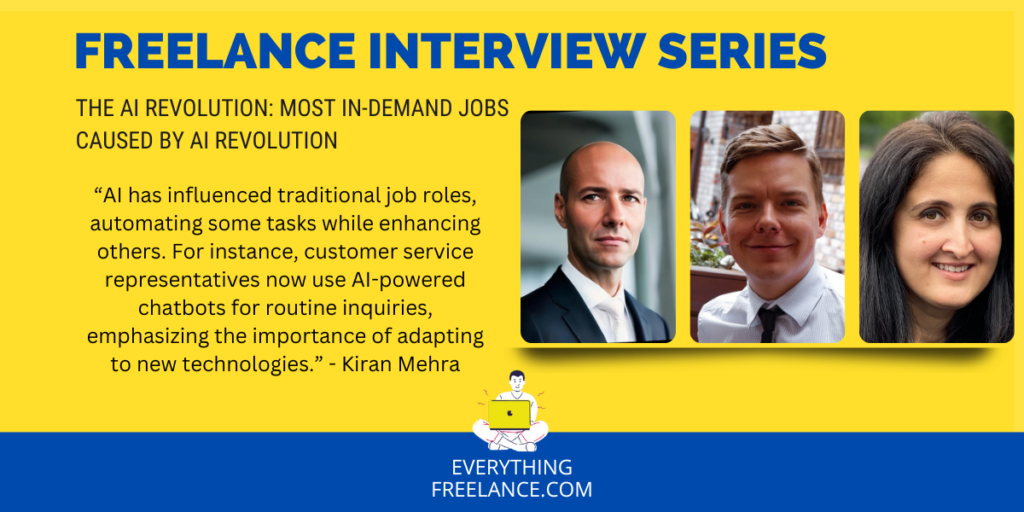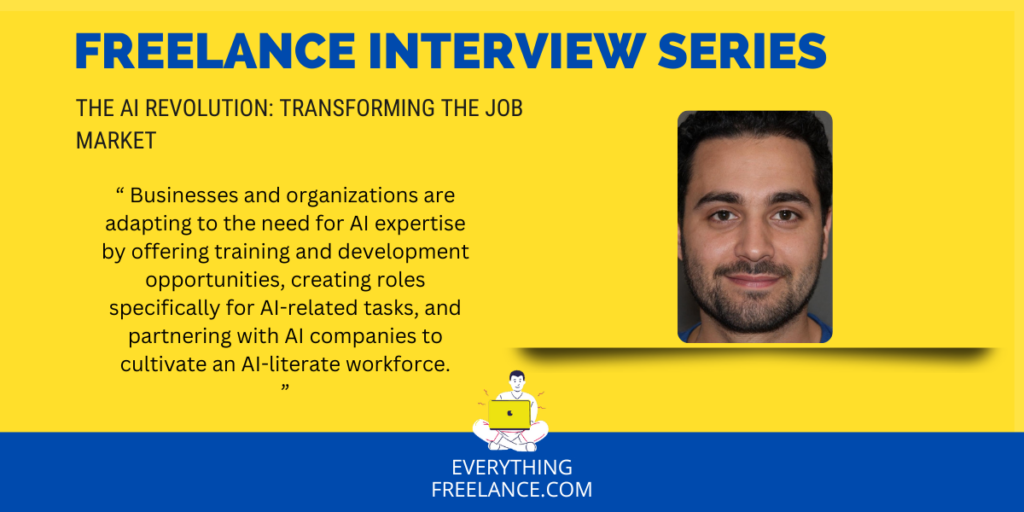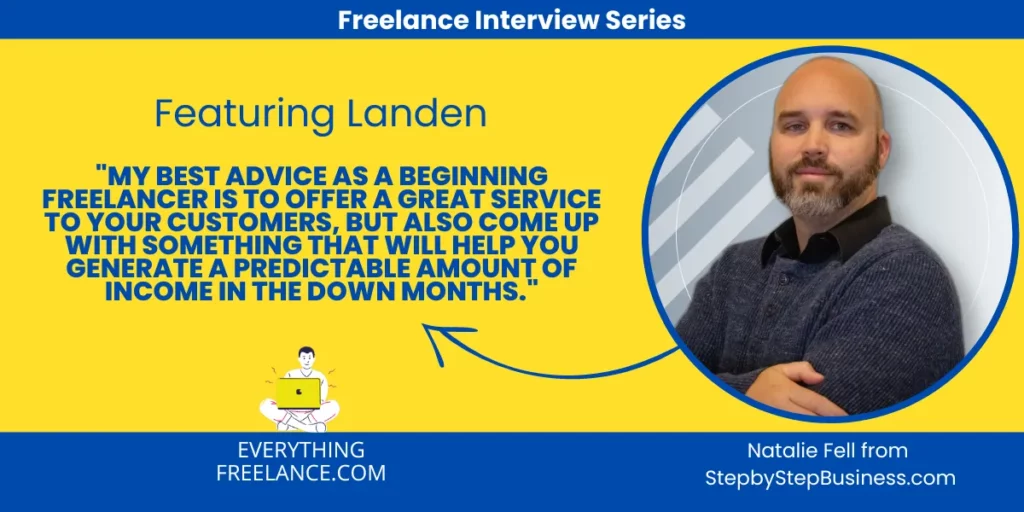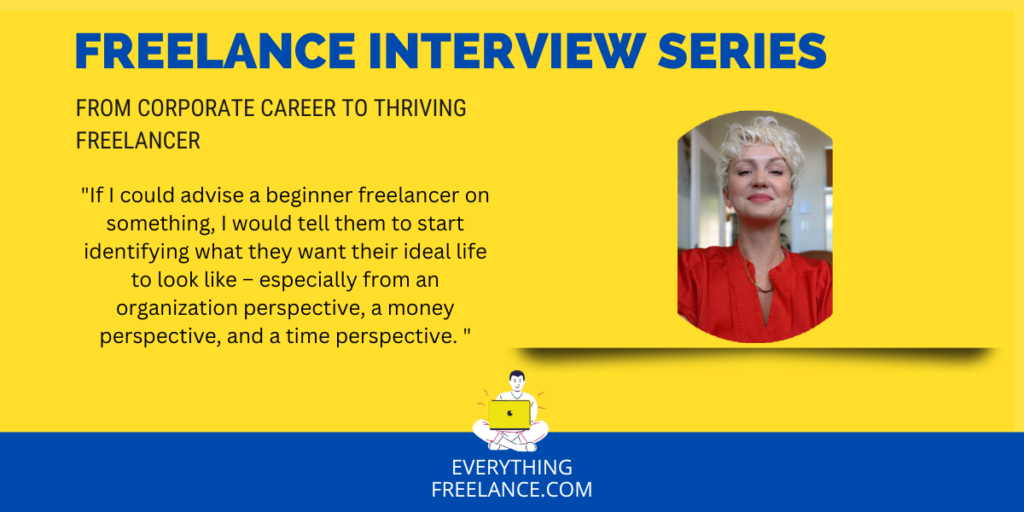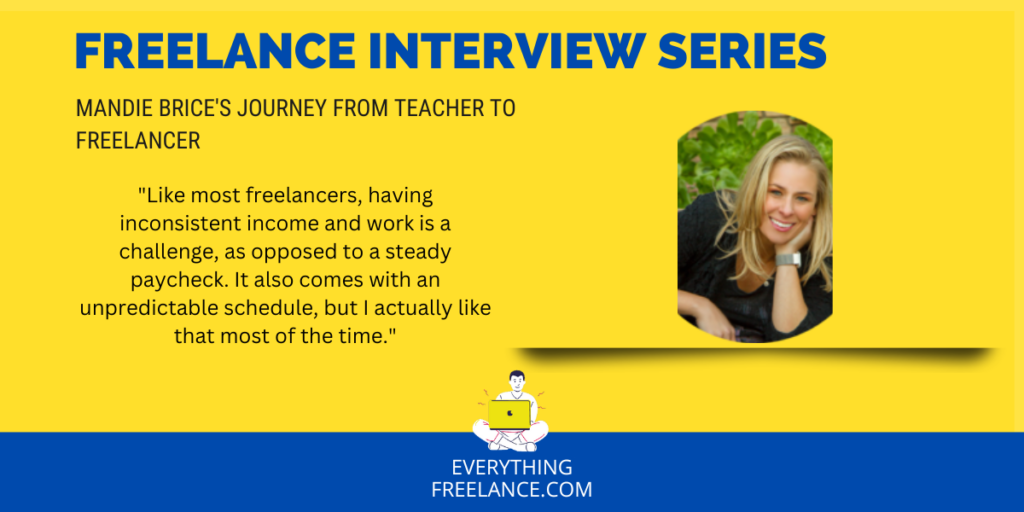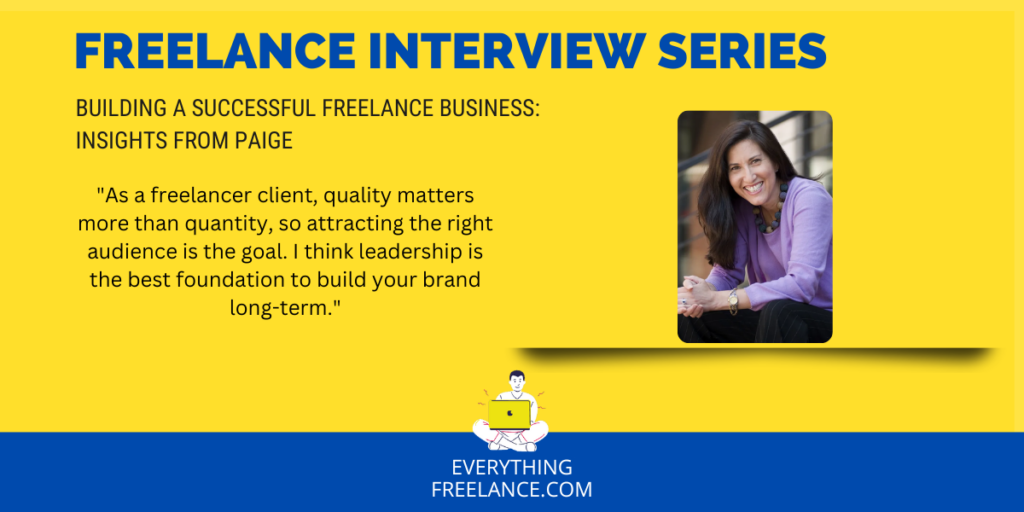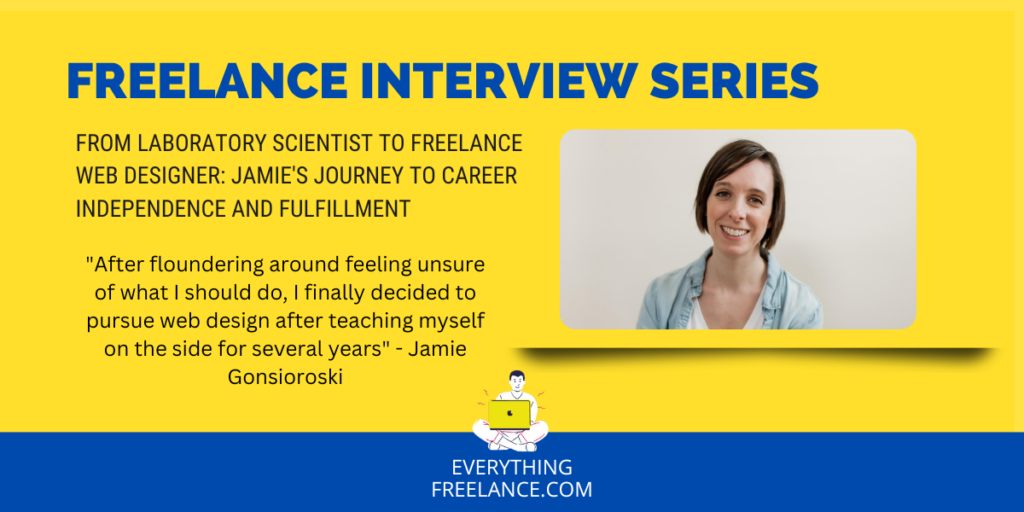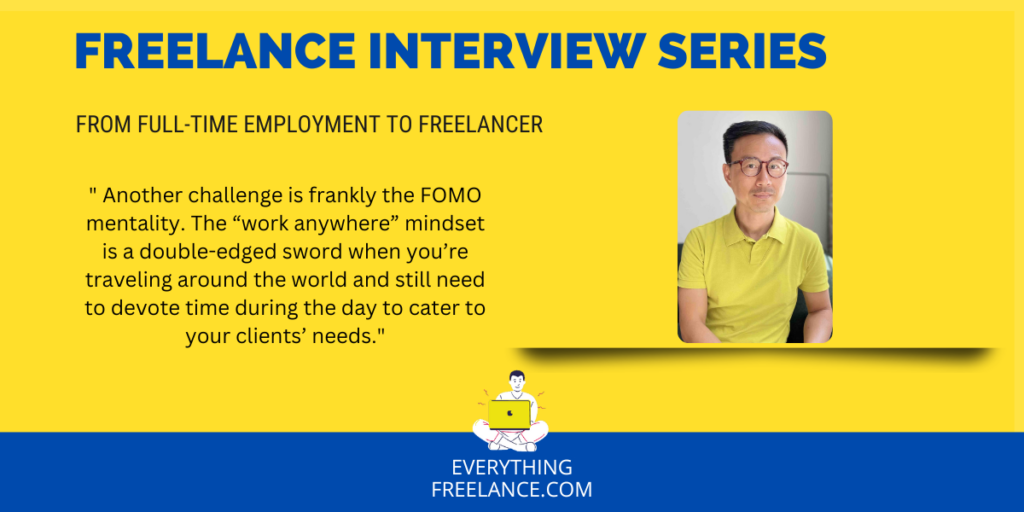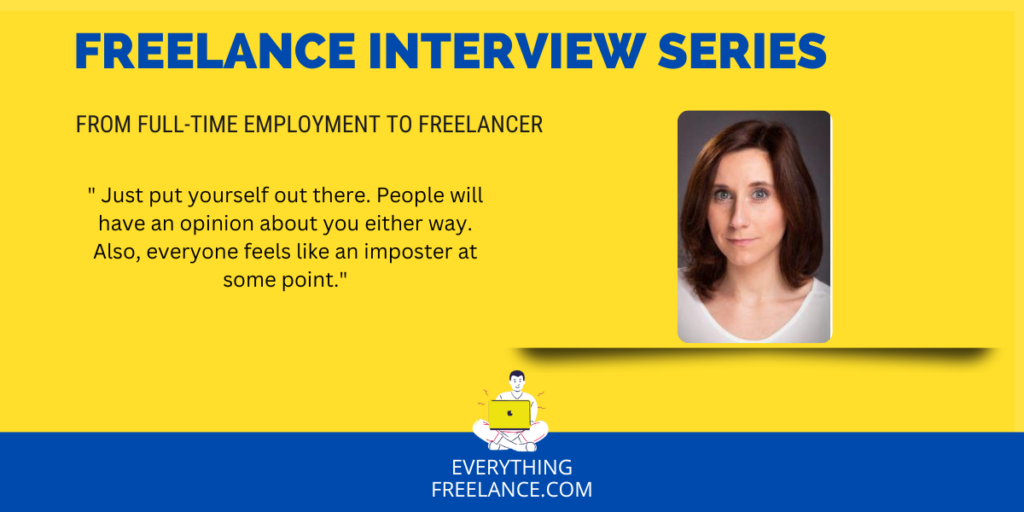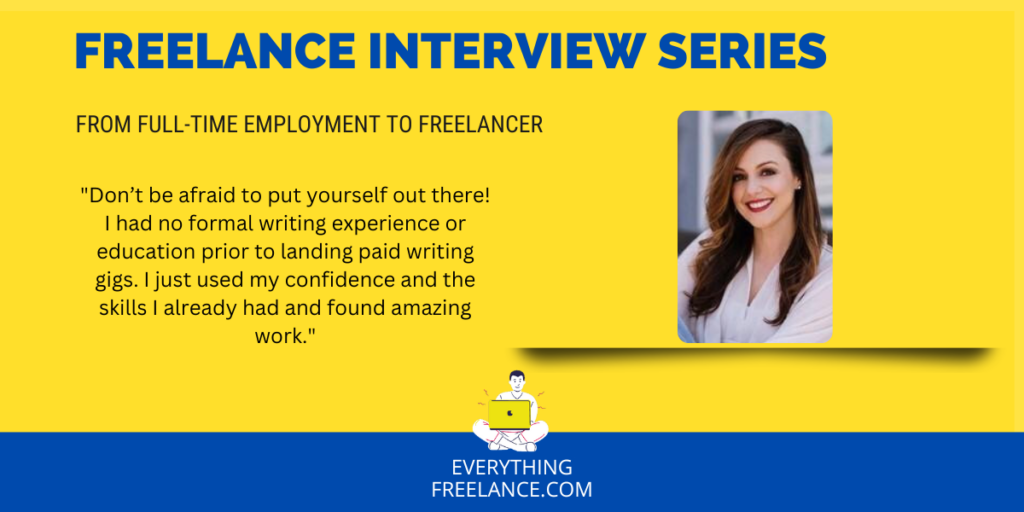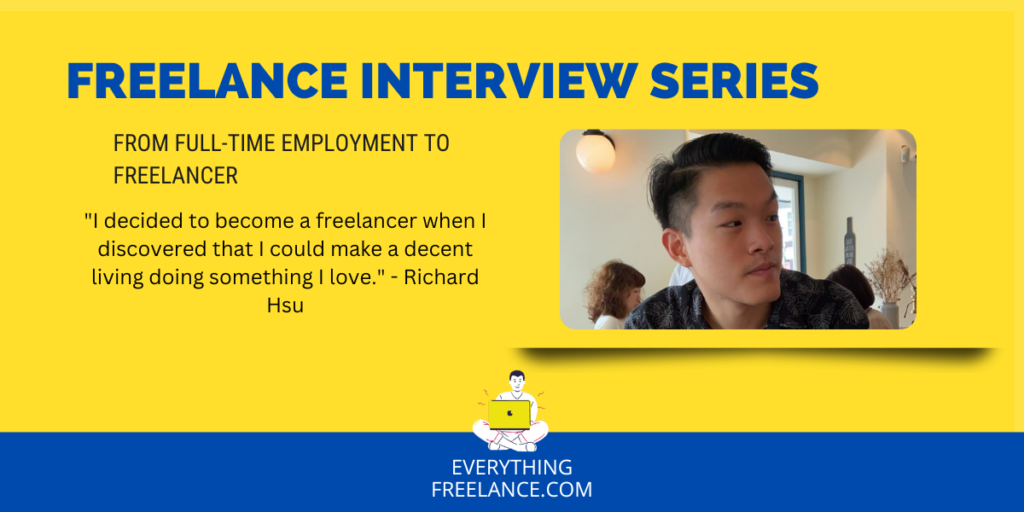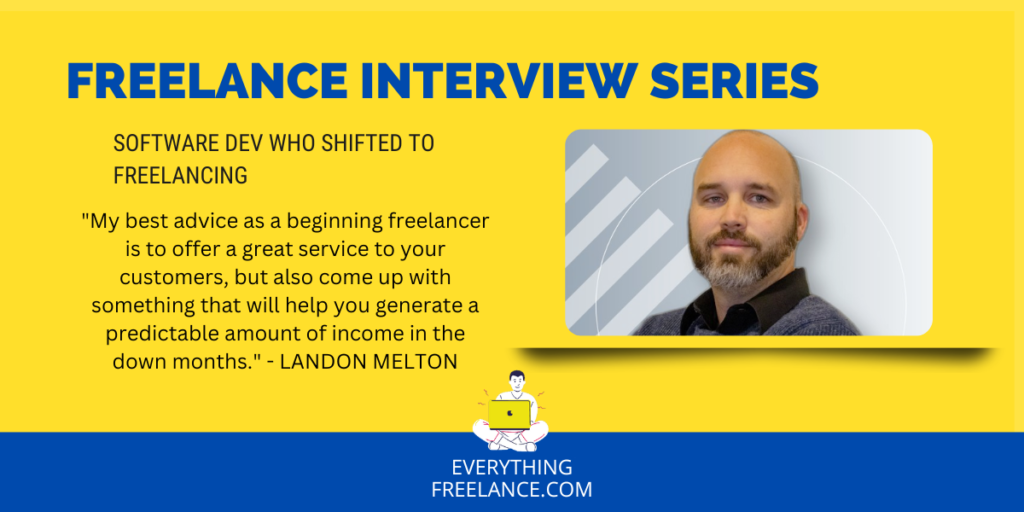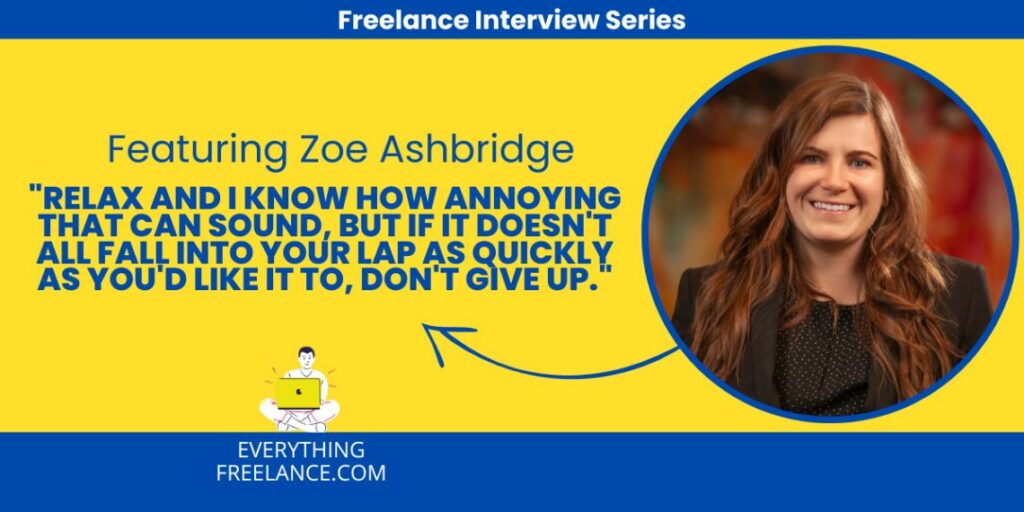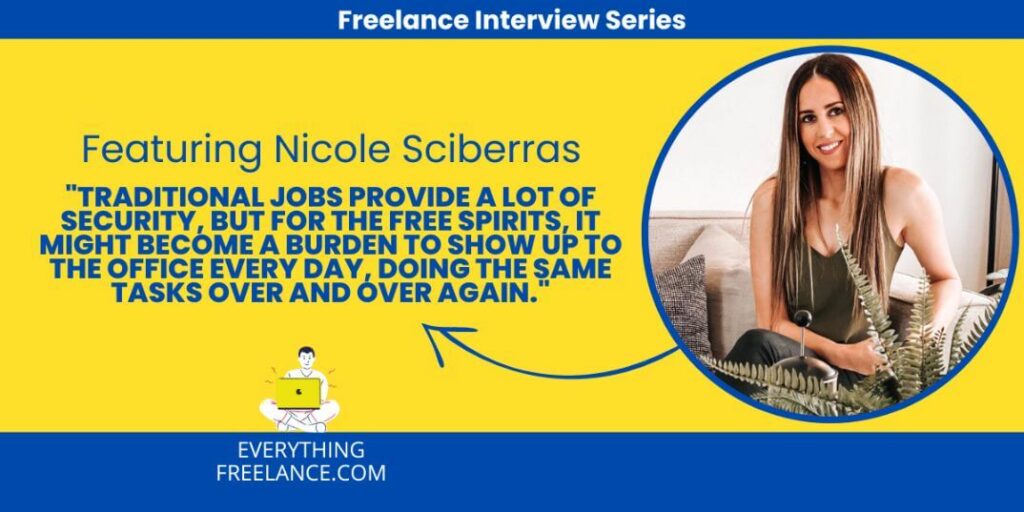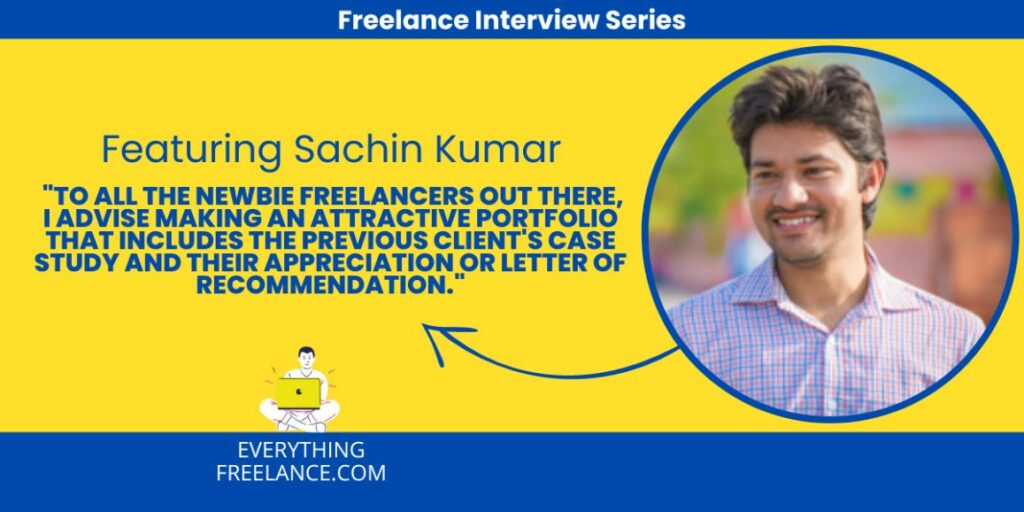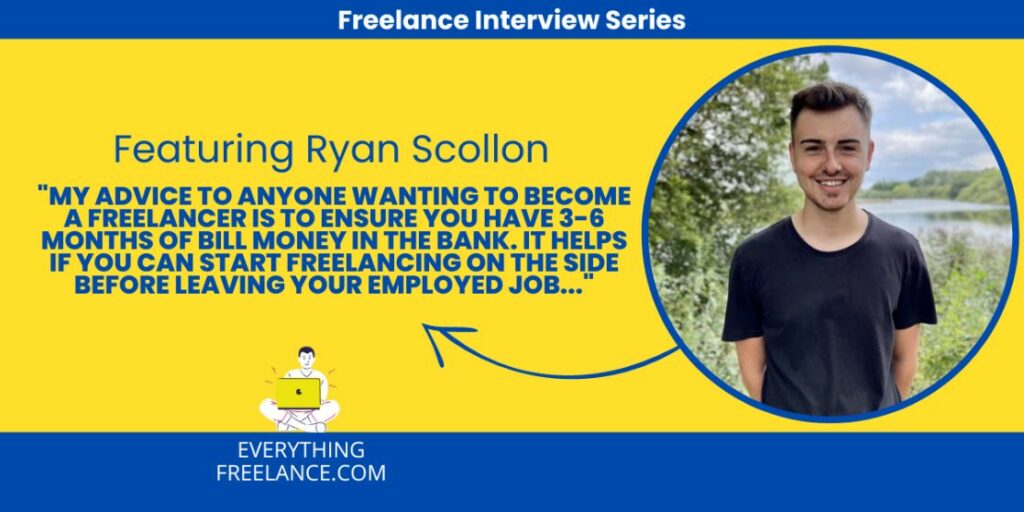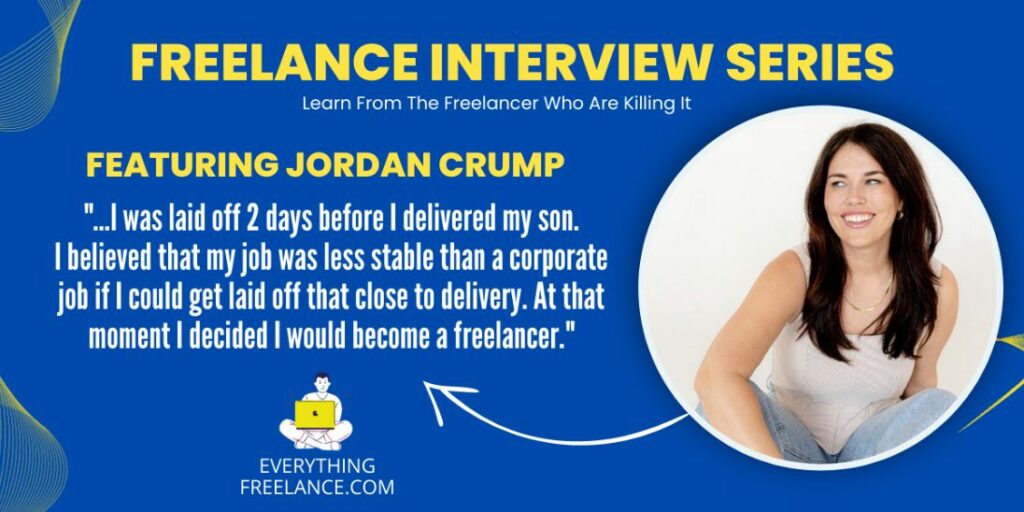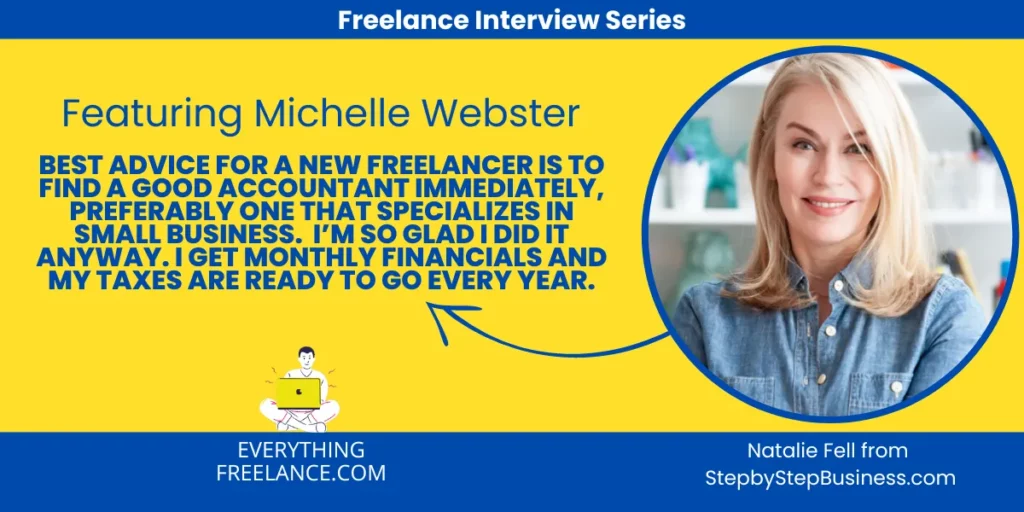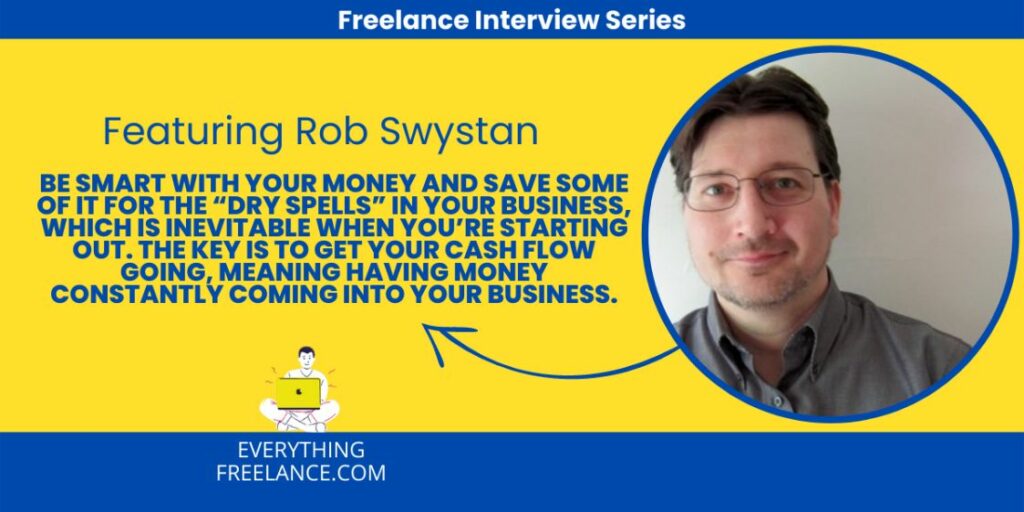Transitioning from full-time to freelance is a daunting yet exciting task that requires a lot of consideration. The first thing to think about is identifying the skills that you can utilize and monetize as a freelancer. These are the foundation of your freelancing business.
Getting started as a freelancer may seem easy, but it is a bumpy ride to success. You have to work hard to convince your clients why they should choose you and your services. It will take some time to earn their trust.
Another aspect to think about is securing a client base that will provide constant income. It may be a few clients in the beginning, but you should be able to build that list through recommendations.
And while full-time employment may provide security for some, this was not true for Sarah. Although her experience as a teacher was rewarding, she was feeling exhausted and drained all the time and she needed a new experience. That’s when she decided to use her talents to her benefit and become a freelancer.
In this interview, Sarah shared the reason she left her full-time job as a teacher and the valuable lessons she learned while starting her business. She also shared her advice on what it means to be a freelancer.
Q: Please tell us a little about yourself, your expertise, etc.
A: My name is Sarah and I launched my own business, Poppins Copy Co, where I support small businesses to achieve their dreams. Creating all-in-one branding, including copy and websites for my clients, I have been able to experience transformational connections, in ways that honour my needs and boundaries.
Q: Could you please describe your previous work as an employee?
A: Having worked as an English and Humanities teacher for 8 years, I knew the ins and the outs of my job well. Working with students was always rewarding, as were the collegial relationships formed with my teaching partners.
Q: What was the point where you decided to become a freelancer?
A: There were many incredible things that I loved about teaching and I never foresaw my departure from the field. But when burnout struck, I was forced to stop and assess the dream for what it was. Unfortunately, the only profession I had ever wanted was no longer serving me. In fact, it was costing my mental and physical health in ways that I could no longer sustain. After some soul-searching, I discovered the field of Copywriting.
Q: What are some of the challenges you’re facing as a freelancer?
Having spent years supporting students to improve their own writing, I knew I could learn the skills to communicate with purpose and effect. I spent 2021 burnt out, retraining and teaching at the same time. But in 2022, I was finally able to breathe again.
Q: Can you offer beginner freelancers any advice?
A: As an early-stage freelancer, I have learnt quickly that adaptability is a must!. While I initially offered copy alone, in responding to the needs of my clients I was quickly able to grow my business in more impactful ways. Similarly, I’ve also learnt that what works for one person won’t necessarily be a good fit for another.
Q: How do you handle inflation as a freelancer?
A: Whatever you think the job will take, add about 20% to it when you’re starting out. And don’t forget, with more experience comes better quality, so you should raise your rates to attract your ideal client. They will respect and appreciate your work, and be willing to pay your price.
Q: What do you do to get new clients?
A: There was a lot of advice to use cold outreach as a strategy to find customers throughout my course. But it costs my time, I don’t enjoy it and it hasn’t been a fruitful strategy for me. As such, I’ve responded and now have a strategic inbound marketing strategy to support my business growth.
Q: Name one mistake that you made as a freelancer.
A: When you’re starting out, one of the biggest mistakes is to under-quote. Chances are your rates are already lower than your competitors, so adding in enough to be paid more fairly for your time is appropriate. In time, you’ll get much better at quoting accurately.
Q: How can potential clients find you?
A: If you’re a small business looking for support to get your brand online, Poppins Copy Co works with small businesses to bring their vision to life. We can get your words working wonders for you.
Follow us at @poppinscopy on Instagram and discover our work at https://poppinscopy.com.au.
The most important weapon you have when becoming a freelancer are your skills and knowledge. The skills will set the course on which you’ll be moving and the knowledge will help you advance.
The reason Sarah was drawn to copywriting was her experience in helping her students improve their writing. The combination of her job experience and her knowledge of the English language was exactly the skills she needed to enter the world of freelancing.
And although her start was not easy and she made mistakes, Sarah didn’t give up. The advice she was given did not always work for her so she did what she had to do. Learning from her own mistakes helped her learn fast and climb the success ladder. She started small by offering copy alone but soon expanded her business as the demands of her clients increased.
Sarah is one of the many freelancers who learned to adapt to any situation that she came across which is how freelancers advance and succeed. But a word of advice. Don’t leave your full-time job before you have built up a somewhat stable business. Everyone wants the freedom to do the thing they love, but not without having financial stability first.
